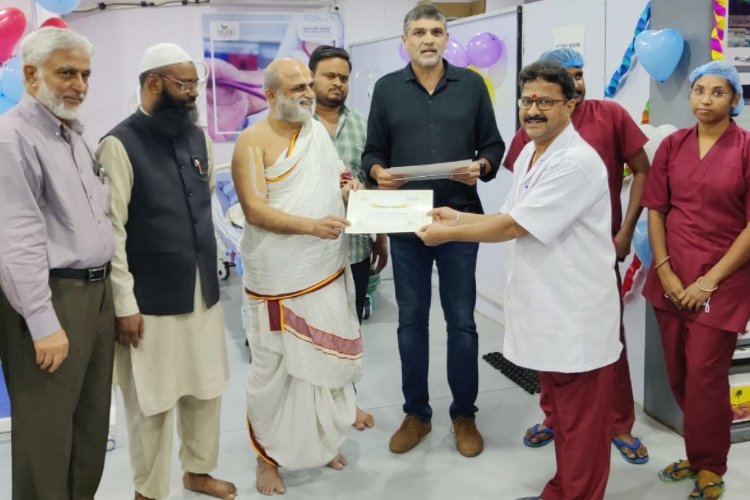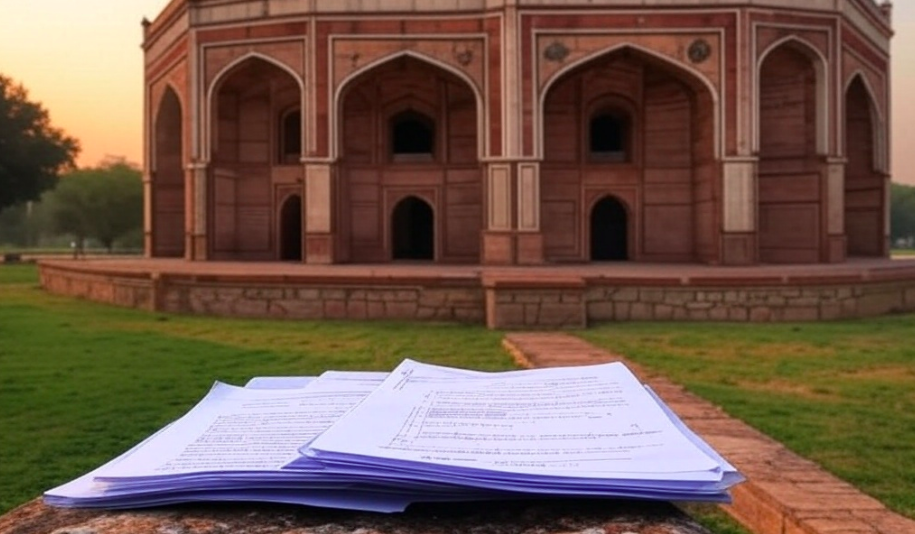Since 2002, Indians have been baying for the blood of fellow Indians if they happen to profess a different faith or belong to a caste or tribe considered anathema by the ideology of hate, incitement, and violence. If not genocide, riots and lynchings seemed to have become the destiny of the destitute. Bilkis Banos are multiplying by the year. It is no more gang-rape; it is mob-rape these days, if Manipur horror is any indication! There is so much development that human faces are being turned into urinals to pee on anybody, anywhere. Shhhhh! Nobody is allowed to speak on these matters. Even the international community has been firmly told time and again that these are ‘our internal matters!’ Shall I narrate an ‘external matter’ about a Utopia called Hyderabad?
Hyderabad is a Utopia in the southern part of our country, where human beings live, thrive, and flourish. All differences dissipate when a Tilakdhari and a skull cap wearer meet peacefully at a mosque in the City of Glorious Nizams. They share brotherhood, laughter, pain, blood, and agony—all parts of free dialysis. They are on opposite sides of beds getting dialysis done without any cost or acrimony in a part of the mosque. Masjid-e-Mohammadia, located in Langar Houz, has a state-of-the-art free dialysis center mainly for weaker sections, regardless of caste or creed. It has earmarked space to set up a full-fledged haemodialysis unit. The Helping Hand Foundation and SEED-USA have come together to provide free space in mosques for delivering critical community health care services to foster harmony, apart from serving the needy. They had previously set up six primary health centers and an old-age home in mosques.
The chief priest of Chilkur Balaji Temple, Sri C. S. Rangarajan ji, recently visited this dialysis center run at the mosque. It was the first anniversary of the dialysis center. What a soothing sight it was for the hearts when the two great cultures met! When a patient greeted Sri Rangarajan with an Aadaab, the respected pujari in white robes responded with a Namaskar.
The Chilkur Balaji chief priest was impressed to see that an efficient team of nephrotechnologists, nurses, and housekeepers worked relentlessly. They ensure that superb dialysis care is provided with zero cross-infections and mortalities on site. The patients saved a huge sum of Rs. 1.50 crore. The prime pujari Rangarajan ji observed that the dialysis center run in a part of the mosque’s premises is a classic example of building bridges that foster human values, love, and respect for fellow human beings. The wise pujari extolled the people to follow this model of Ganga-Jamuni Tehzeeb, which Hyderabad so proudly stands for.
Dialysis artificially removes waste products and extra fluid from your blood when your kidneys can no longer do this. In hemodialysis, a machine filters waste and excess fluids from your blood. Make healthy food choices. Exercise regularly, control weight, quit smoking and alcohol, stay hydrated, and monitor cholesterol levels. Do not pop pills at will.
Kidney care has seen some advances recently. Wearable artificial kidneys are an innovative kidney failure treatment, allowing patients to receive dialysis while going about their regular lives. These portable devices, which may be worn like a belt, provide more mobility and flexibility than standard dialysis machines. This will help the kidney patients, who cannot afford to lose their livelihoods for long hours of dialysis twice a week.
Mosques have served as community development centers apart from prayer houses since the time of Prophet Muhammed (Peace Be Upon Him). Some mosques serve as skill development centers too, where different trades are imparted to the youth on the premises of the mosques. The Mohammedia Mosque Free Dialysis Center experiment can be replicated at the national level to foster communal harmony and brotherhood. Free health camps for all, especially Hindus and Muslims, will bridge the communal divide. Let politicians carry out their obligations; my message is of love, wherever it reaches! I could not agree more with Jigar Moradabadi:
Unka Jo Farz hai Vo Ahl -e- Siasat Jaanein
Mera Paighaam Mohabbat hai Jahan Tak Pahonche
उनका जो फ़र्ज़ है वो अहल–ए–सियासत जानें
मेरा पैग़ाम मोहब्बत है जहां तक पहुंचे…









